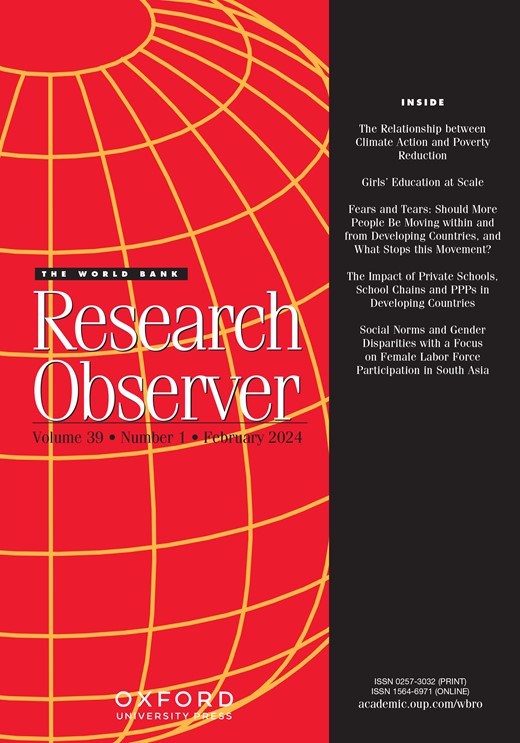构建衍生品交易所的经验教训
IF 3.3
1区 经济学
Q1 DEVELOPMENT STUDIES
引用次数: 31
摘要
全球对金融市场的放松管制创造了新的投资机会,这反过来又要求开发新的工具来应对增加的风险。积极参与工业和新兴市场的机构投资者需要对冲这些跨境交易的风险。在自由化市场经济中,受到商品价格波动和利率变化影响的代理人需要适当的对冲产品来应对。新兴经济体的经济扩张要求企业找到更好的方式来管理金融和大宗商品风险。允许市场参与者管理风险的工具被称为衍生品,因为它们代表合约,其到期时的收益取决于标的资产的价格——货币、利率、商品或股票。衍生品在有组织的交易所或由衍生品交易商在柜台上进行交易。自20世纪80年代中期以来,在工业和新兴市场经济体中运营的衍生品交易所数量大幅增加。这些外汇变动对投资者和母国有什么好处?这是个好主意吗?新兴市场可以获得重要的好处,包括转移风险、增强公共信息和降低交易成本的能力,但衍生品交易所的成功取决于其建立的基础、采用的结构和交易的产品的稳健性。本文章由计算机程序翻译,如有差异,请以英文原文为准。
Lessons in Structuring Derivatives Exchanges
The global deregulation of financial markets has created new investment opportunities, which in turn require the development of new instruments to deal with the increased risks. Institutional investors who are actively engaged in industrial and emerging markets need to hedge their risks from these cross-border transactions. Agents in liberalized market economies who are exposed to volatile commodity price and interest rate changes require appropriate hedging products to deal with them. And the economic expansion in emerging economies demands that corporations find better ways to manage financial and commodity risks. The instruments that allow market participants to manage risk are known as derivatives because they represent contracts whose payoff at expiration is determined by the price of the underlying asset -- a currency, an interest rate, a commodity, or a stock. Derivatives are traded in organized exchanges or over the counter by derivatives dealers. Since the mid-1980s the number of derivatives exchanges operating in both industrial and emerging-market economies has increased substantially. What benefits do these ex- changes provide to investors and to the home country? Are they a good idea? Emerging markets can capture important benefits, including the ability to transfer risks, enhance public information, and lower transaction costs, but the success of a derivatives exchange depends on the soundness of the foundations on which it is built, the structure that is adopted, and the products that are traded.
求助全文
通过发布文献求助,成功后即可免费获取论文全文。
去求助
来源期刊

World Bank Research Observer
Multiple-
CiteScore
12.60
自引率
1.20%
发文量
8
期刊介绍:
The World Bank Journals, including the Research Observer, boast the largest circulation among economics titles. The Research Observer is distributed freely to over 9,100 subscribers in non-OECD countries. Geared towards informing nonspecialist readers about research within and outside the Bank, it covers areas of economics relevant for development policy. Intended for policymakers, project officers, journalists, and educators, its surveys and overviews require only minimal background in economic analysis. Articles are not sent to referees but are assessed and approved by the Editorial Board, including distinguished economists from outside the Bank. The Observer has around 1,500 subscribers in OECD countries and nearly 10,000 subscribers in developing countries.
 求助内容:
求助内容: 应助结果提醒方式:
应助结果提醒方式:


